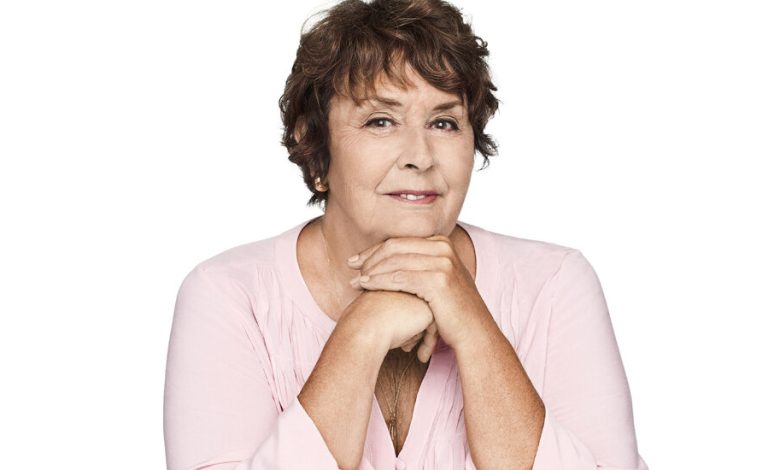Cari Beauchamp, Who Chronicled the Women of Early Hollywood, Dies at 74

Cari Beauchamp, a political adviser turned historian who documented the overlooked story of women in early Hollywood, when the film industry’s chaotic beginnings allowed them to assert a surprising amount of power, died on Thursday in Los Angeles. She was 74.
Her son Jake Flynn confirmed the death, in a hospital, but did not specify the cause.
Beginning with her 1998 book, “Without Lying Down: Frances Marion and the Powerful Women of Early Hollywood,” Ms. Beauchamp (pronounced BEE-cham) set out to recover a lost part of film history, when women stood alongside men as some of the most prolific and influential figures in the industry.
By combing through the Library of Congress archives, Ms. Beauchamp discovered that about half of all copyrighted films between 1911 and 1925 were written by women, and that they produced and directed movies seen by millions of people worldwide.
Yet aside from a few names, like that of the actor and United Artists co-founder Mary Pickford, most of these women and their accomplishments were erased by the male-dominated studio system that solidified control over Hollywood in the 1930s.
Ms. Beauchamp’s avenue through the story is the life of Frances Marion, a screenwriter with more than 200 scripts to her name, two of which — “The Big House” (1930) and “The Champ” (1931) — won Oscars.
Between the mid-1910s and the mid-1930s Ms. Marion was the highest-paid writer in Hollywood, man or woman. And yet, until Ms. Beauchamp came along, no one had written her biography.
We are having trouble retrieving the article content.
Please enable JavaScript in your browser settings.
Thank you for your patience while we verify access. If you are in Reader mode please exit and log into your Times account, or subscribe for all of The Times.
Thank you for your patience while we verify access.
Already a subscriber? Log in.
Want all of The Times? Subscribe.
